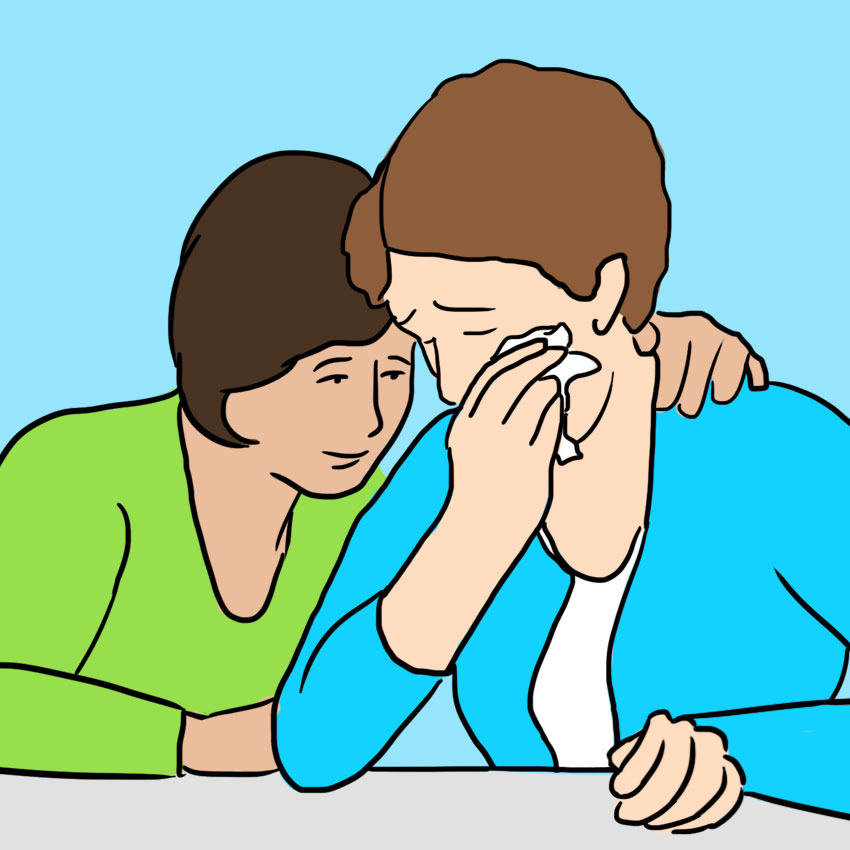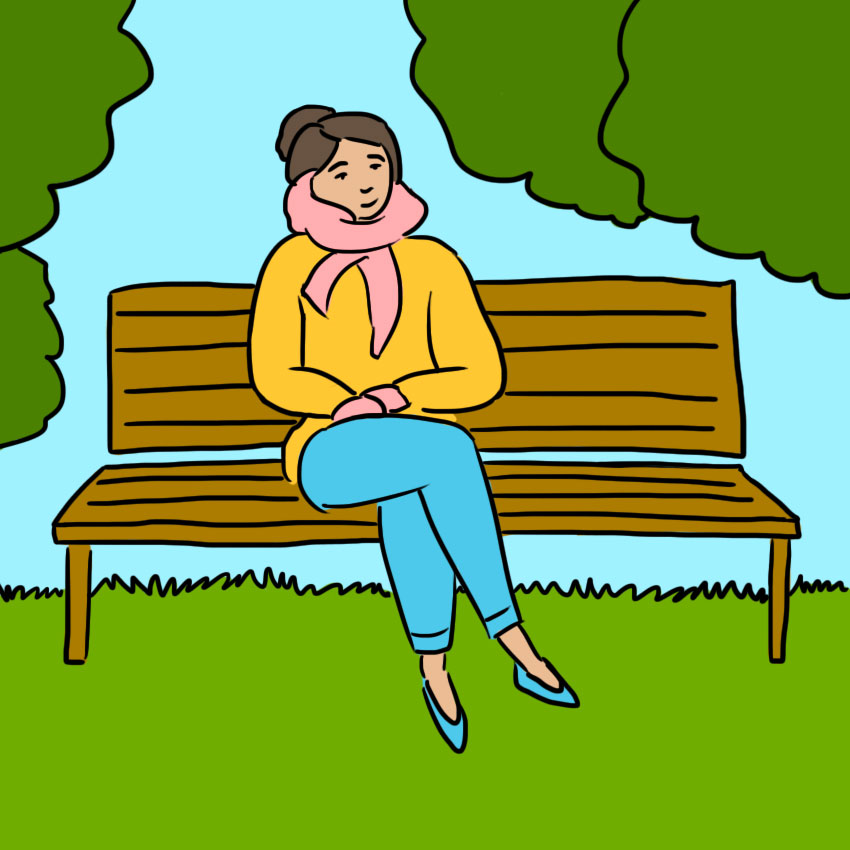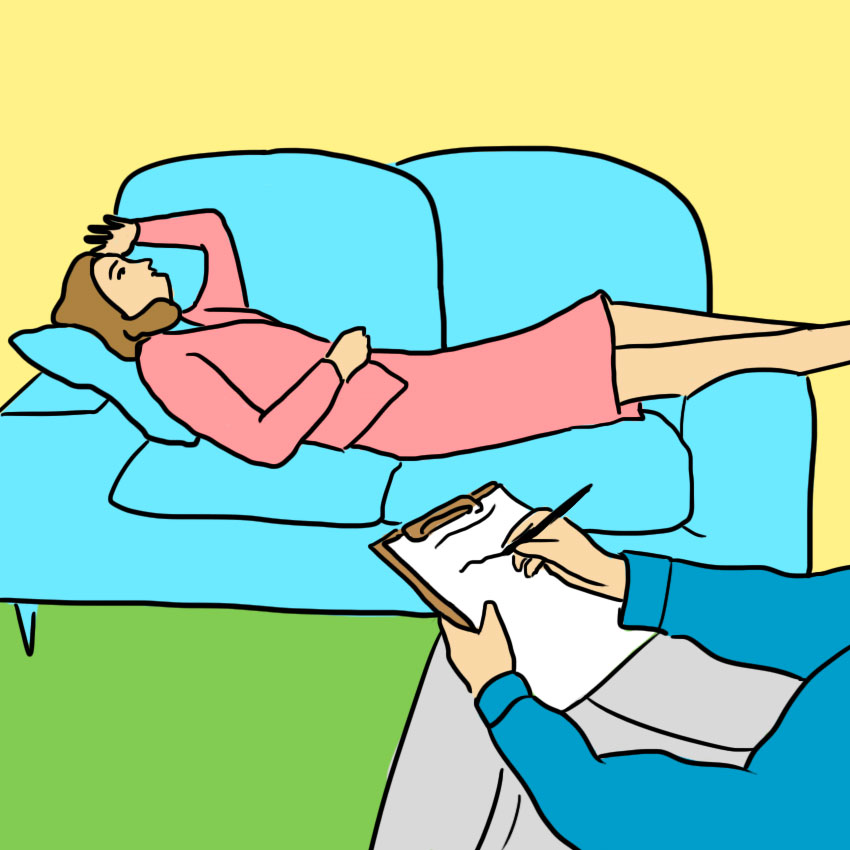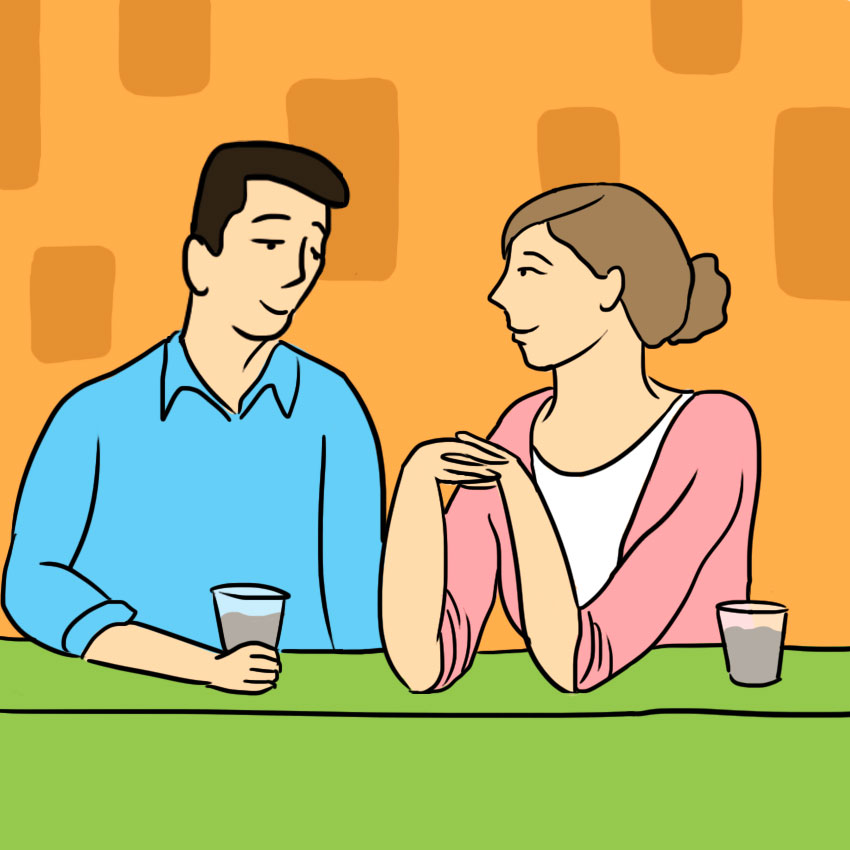Life is a gift that we all treasure, but it certainly takes its toll.
As life unfolds, we all know the beloved family and friends and even pets will pass along, once-strong relationships will crumble, and we’ll face the smaller pains of broken friendships, lost jobs, and fading dreams.
However, as much as it hurts to even anticipate these pains, I think we all know that life never gives us anything that we can’t handle.
We all have it in us to cope with grief, absorb it and feel the pain, and then emerge from that pain changed, but just as powerful as ever. We don’t leave the grief behind, but it becomes a part of us, and lights an inner fire that makes us wiser, more confident, and more secure.
That inner fire is the most important ingredient when it comes to finding our way through a personal tragedy, to the hope that waits on the other side.
Scroll through the gallery to learn more about the built-in qualities we all have for coping with grief.
#1: Your Safety Net Will Catch You

When tragedy strikes in your personal life, you know that it's not your job to make sense of it right away.
In a day or a week, you might have to think about organizational details, and you might even welcome the distraction of planning and sorting.
But in the immediate aftermath of losing something or someone important to your life, all you need to do is collapse into the loving arms of your safety net.
Whether it's your sister, best friend or daughter, it's okay to let someone else take the reigns for a while.
#2: You Know How To Soothe Yourself

No one knows how to make you feel better quite like you do. You also know that it's okay, and actually very important, to do whatever physically soothes you in that moment.
Lie on the cold tiled floor; run the bath so hot it steams; eat only noodles with butter for a week. You know best, and nobody else should tell you otherwise.
All the tiny rituals of taking care of yourself can help you start the slow process of thinking about bigger and more complicated problems, but not before you're ready.
#3: You'll Give It Time

Life has a tendency to go on without you, even when you're dealing with an unimaginable tragedy, but society can't tell you when to stop feeling something.
You'll always remember that there's no arbitrary date where you have to be "over it," since grief doesn't ever go away; it just gets smaller and quieter.
Even as you pick up the pieces and start following your normal routines again, you'll know it's okay to have days where you just need a break from daily pressure, even years later.
#4: Help Is Right Around The Corner

When grief is at its worst, it can feel like it's going to consume you entirely.
Sometimes, grief can take over for quite a while; it might trigger deep, long-lasting depression, or prompt thoughts of suicide.
When that happens, there's another safety net in place; people from all walks of life will step in to help you when you need it.
It's as simple as calling your normal doctor, who can help you find specialists if you need them.
If you or someone you know is having thoughts of self-harm or suicide, the National Suicide Prevention Hotline is available 24 hours a day.
Call 1-800-273-8255
#5: Guilt Won't Control You

People will tell you over and over again, "Don't feel guilty!"
They mean well, but it's not helpful advice; it's very healthy to let yourself feel guilt if you need to.
Are you actually responsible for the loss? Do you wish you had done something differently, even though the circumstances were out of your hands?
You can't squash or suppress the feelings of guilt, even if they're irrational, but you can let yourself experience them, as often as you need to, until they feel easier to deal with.
#6: You Won't Punish Yourself

When you suffer a loss in your life, it's very normal to find yourself laughing or having fun, and then feel suddenly like it's inappropriate.
As time goes on, you'll still acknowledge the feeling, but you'll also get better at dismissing it and going back to enjoying yourself.
When you start laughing easily again, you'll know that it's an awesome sign of healing and growth.
#7: You Know Your Triggers

Someday, you'll be completely healed. That means that you'll be mostly happy, and that the grief you experienced is still part of you, but strengthening you.
Still, it will flare up every now and then, bringing back the pain in full-force.
Keep an eye out for "triggers," like anniversaries, flavors, or certain locations, to help make sure you're ready to take care of yourself.
#8: No One Can Tell You There’s A ‘Right’ Way To Grieve

No one can tell you that there's a right or wrong way to grieve (including us!)
At the end of the day, the most important opinion about your emotions is, well, you.
When it comes to something as raw and primal as grief, you know you have to listen to your own instincts first, and everybody else's come second.
When you eventually start to feel better, you and your own inner strength deserve all the credit.
How do you cope with grief? Weigh in below, and don't forget to SHARE with friends and family.




